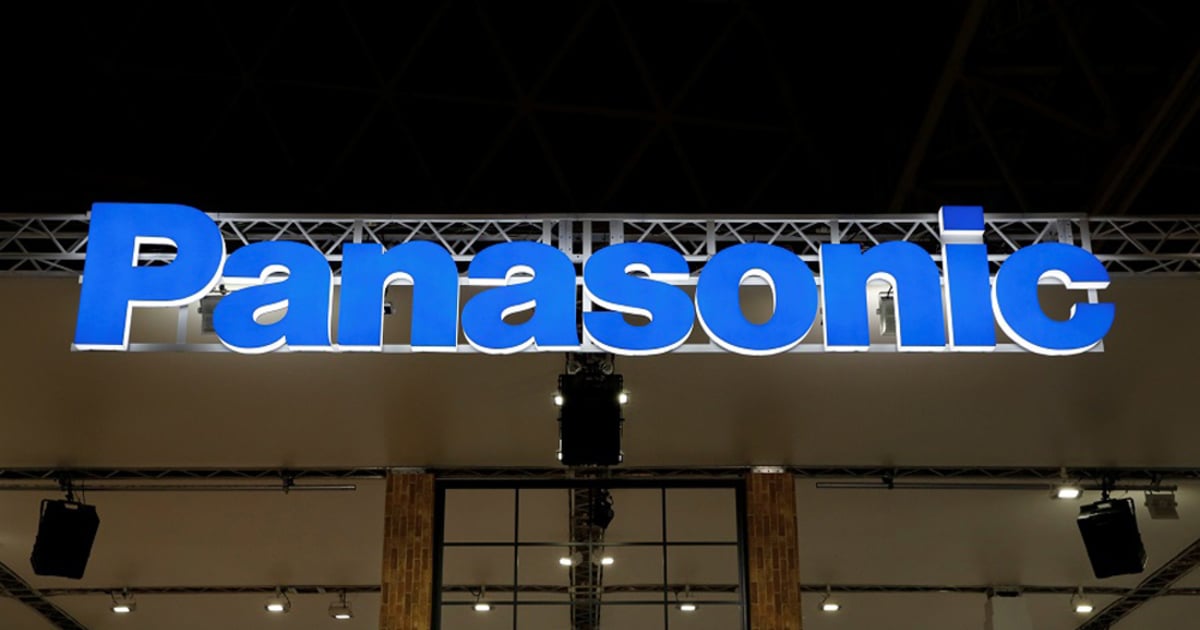
Panasonic Holdings Corp. plans to roughly quadruple annual battery production capacity to 200 gigawatt-hours by March 2031, a sign that it anticipates greater demand for EVs.
The Osaka-based company, which supplies batteries to Tesla Inc., intends to tap subsidies provided by the U.S. Inflation Reduction Act, as well as focus on cylindrical batteries and the North American market to expand, CEO Yuki Kusumi said Thursday.
Panasonic broke ground on a new $4 billion battery factory in De Soto, Kansas, in November as it seeks to ramp up production. Although Panasonic has supplied Tesla from its early days, the Japanese manufacturer has been slower to build scale compared with rivals LG Energy Solution Ltd. of South Korea and China’s Contemporary Amperex Technology Co.
Panasonic will step up large-scale investments to meet rapidly growing demand, Kusumi said, adding that the company sees the North American EV market growing at an average rate of 35 percent a year from 2021 to 2030.
The electronics group had previously said it planned to spend some ¥600 billion ($4.4 billion) over the three years to March 2025 on strategic investments. The bulk of that will go to ramping up the Kansas plant, Kusumi said. No decision has been made on where Panasonic will build its next factory, Kusumi said.
Panasonic, whose products span home appliances, entertainment systems and factory automation, also said it is setting up research centers in Osaka to develop next-generation batteries as well as new manufacturing processes.